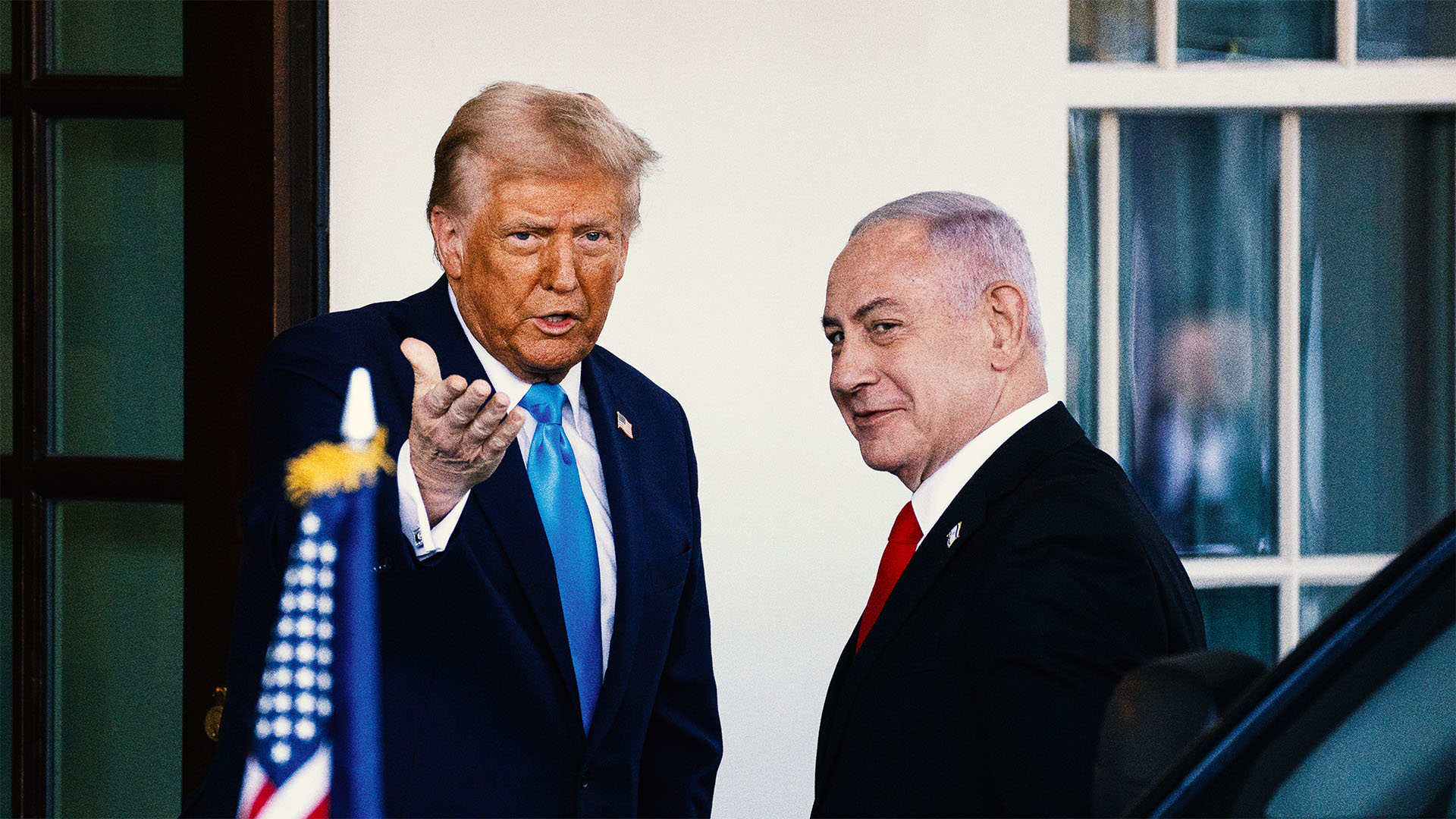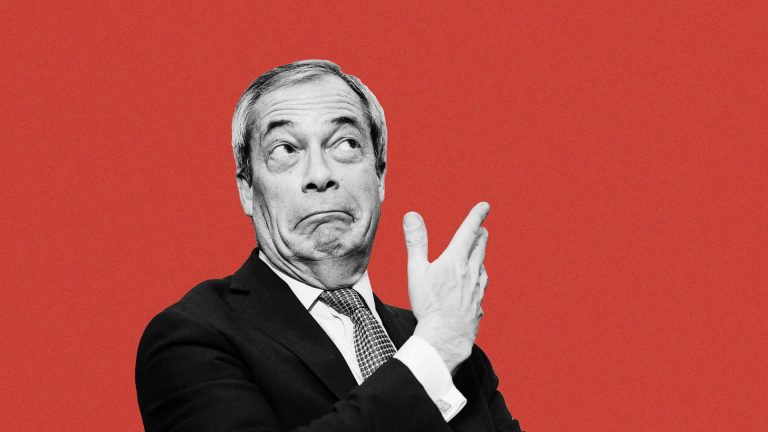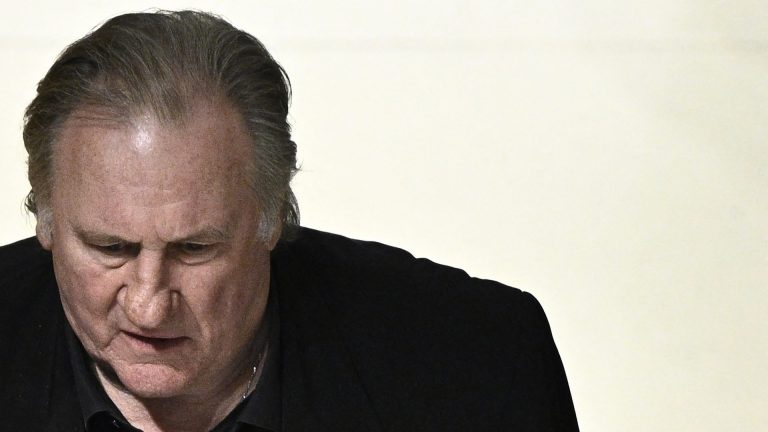Has president Donald Trump had a reality check amid the global outrage that greeted his suggestion that Palestinian people be removed from the Gaza Strip, so that it can be rebuilt as a Costa Smerelda-style playground for the rich of the Middle East?
Or did Trump’s incendiary announcement have exactly the impact it was meant to, by focussing minds on the failure of the Middle East’s biggest powers to bring peace to their own backyard?
Rejection and condemnation of Trump’s purported plan were swift and unequivocal, putting the lie to the president’s claim that “everyone loves the idea” of the US taking over the war-ruined territory that millions of people regard as their home.
The White House rolled back on some of the contentious details of his plan for a US occupation of the territory, which itself would be an alarming departure from this campaign promise to stay out of foreign imbroglios.
But then in an early morning post on social media, Trump stated that, once the war was over, Gaza would be “turned over” to the US by Israel, and the strip, now devoid of all Palestinians, would become “one of the greatest and most spectacular developments of its kind on Earth”.
Saudi Arabia, Turkey, Egypt, Jordan, the United Arab Emirates, and Qatar have all rejected the Trump plan, citing moral objections and potential security risks.
Saudi Arabia reaffirmed its commitment to the establishment of a Palestinian state, which is a condition for Riyadh’s normalisation of relations with Israel.
Establishing diplomatic ties with Israel would signal a strategic shift that the kingdom will only make once Palestinian statehood is established, Saudi political commentator Salman Al-Ansari said. “Without that, there is no deal.”
The Palestinian president, Mahmood Abbas, called the Trump plan a “serious violation of international law”. Gaza, he said, is “an integral part of the state of Palestine”.
Abbas was meeting King Abdullah of Jordan as news of Trump’s announcement broke. Abdullah expressed his “unwavering support” for a two-state solution, “leading to the establishment of an independent Palestinian state on the 4 June 1967 lines with East Jerusalem as its capital,” the Jordan Times reported.
Former Israeli prime minister Ehud Olmert and Palestinian diplomat Nassir Alkidwa have formulated a peace plan that they have been promoting since the middle of last year. It includes capitals for each side, in Jerusalem, an international security force, land swaps, and a technocratic Palestinian governing structure linked to the Palestinian Authority, and elections within three years. Their plan is based on the 1967 borders, which Olmert proposed when he was premier.
Trump has not made any public comments on the specifics of a revived two-state process, though it would be difficult to make progress if he pursues his real estate development plans and forces residents to leave.
As the shock that greeted his “plan” wears off, however, the possibility that he was raising serious issues, albeit in his own style, that need to be addressed if peace is to be achieved, has begun to dawn.
Former French Ambassador to Washington, Gérard Araud, told the New York Times, that beyond the “disbelief, opposition and sarcasm,” Trump “in his brutal and clumsy way… raises a real question: What to do when two million civilians find themselves in a field of ruins, full of explosives and corpses?”
The Wall Street Journal said Trump’s plan was devised in the days ahead of his announcement, “with the president running it by aides and allies”. It was “closely held,” the paper said, implying there was as much consternation at the White House as elsewhere.
“Officials outside of Trump’s inner circle weren’t aware the idea was on the table during days of planning for the meeting with Israeli prime minister Benjamin Netanyahu,” it said.
It comes amid a precarious six-week ceasefire between Israel and the Hamas terrorist group, which controls the Gaza Strip and continues to hold Israeli hostages following the shocking October 7 attacks.
US news outlets reported that Trump’s plan would have no deleterious impact on the next phase of the ceasefire deal as Israel was committed to sending delegations to Qatar and Egypt for talks.
The White House quickly rolled back on the details of Trump’s plan, with “clarification” from the press secretary, Karoline Leavitt.
“The president has not committed to putting boots on the ground in Gaza,” Leavitt said. “The president has made it clear that (the Palestinian people) need to be temporarily relocated out of Gaza for the rebuilding of this effort.
“Again, it’s a demolition site right now. It’s not a liveable place for any human being. And I think it’s actually quite evil to suggest that people should live in such dire conditions,” she said.










